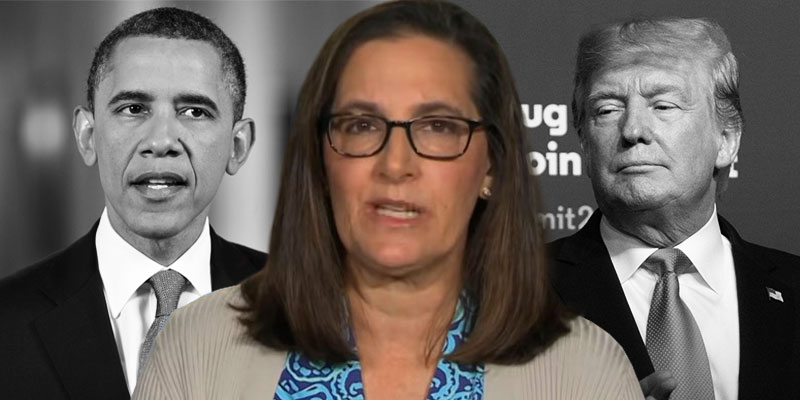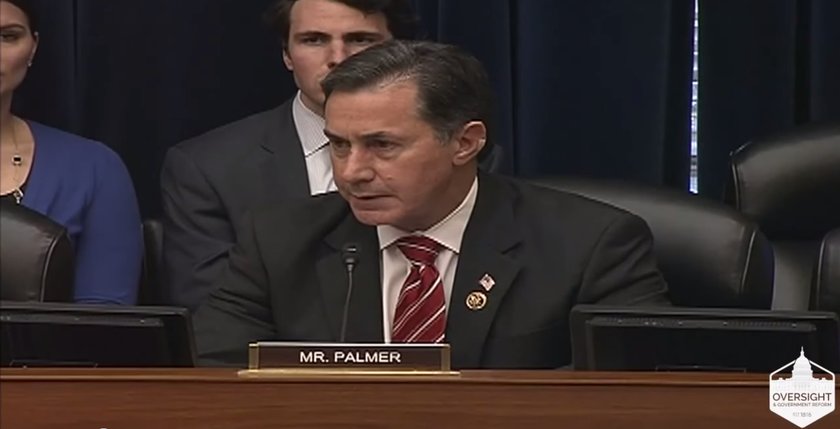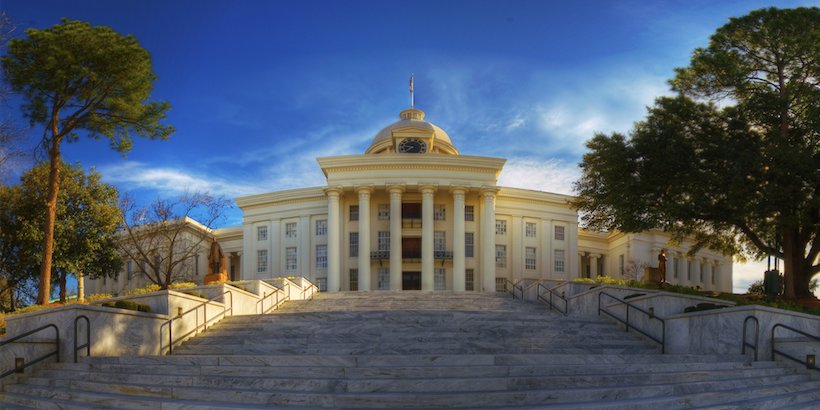
MONTGOMERY, Ala. — Attorney General Luther Strange announced Alabama has joined a coalition of 26 states in filing a merits brief before the U.S. Supreme Court in opposition to the Obama administration’s order granting de facto amnesty to some four million illegal immigrants.
The brief, which was filed Monday, argues the administration’s Deferred Action for Parents of Americans and Lawful Permanent Residents (DAPA) is unconstitutional and runs counter to the Tenth Amendment.
DAPA is an executive order signed by President Obama that exempts illegal immigrants from being deported if they are the parents of a child who is an American citizen. Such children are sometimes referred to as “anchor babies.”
The states also argue that DAPA violates Article II of the Constitution, which demands that the President must “take care that the laws be faithfully executed.” In other words, the coalition of states argue that the President is unlawfully picking and choosing which laws to enforce, and which laws to ignore.
“The president’s immigration order is an outright attempt to sidestep the power of Congress which had earlier refused to pass blanket amnesty for millions of illegal aliens,” said Attorney General Strange in a press release. “This president has demonstrated over and over the will to circumvent Congress and the limits on his own constitutional authority in order to achieve a political goal.
“The majority of the states oppose his illegal executive amnesty plan which is now headed to the U.S. Supreme Court after the U.S. Fifth Circuit Court of Appeals granted our request for an injunction on November 9, 2015.”
The 26 states suing the Obama administration over its executive amnesty plan include Texas, Alabama, Arizona, Arkansas, Florida, Georgia, Idaho, Indiana, Kansas, Louisiana, Maine, Michigan, Mississippi, Montana, Nebraska, Nevada, North Carolina, North Dakota, Ohio, Oklahoma, South Carolina, South Dakota, Tennessee, Utah, West Virginia and Wisconsin.
The U.S. 5th Circuit Court of Appeals ruled against the President’s action last year and oral arguments before the U.S. Supreme Court will be held April 18. With Justice Scalia gone and with only 8 members on the court, it is probable that the court will render a split decision. In that case, the ruling of the lower court would stand but not create binding precedent.











